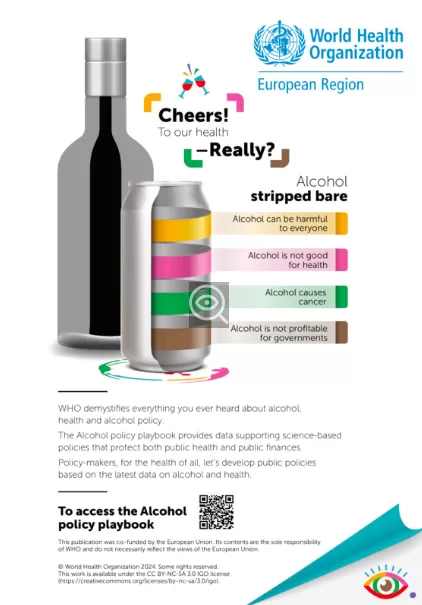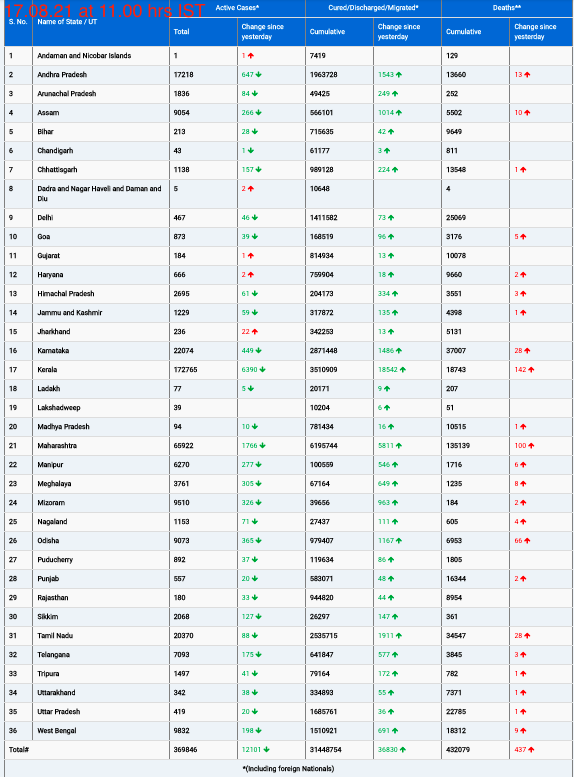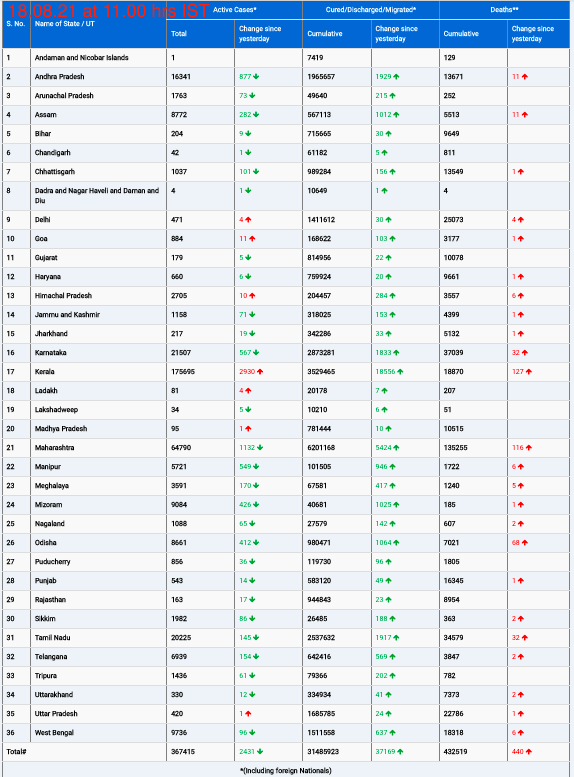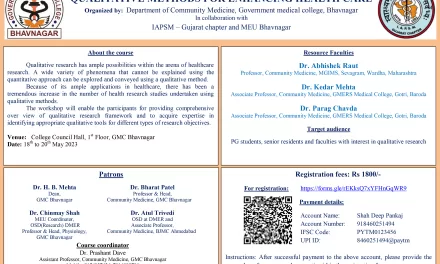8 November 2024
Alcohol consumption is draining economies in the WHO European Region, costing billions annually in health care, early deaths and lost productivity, as well as social harm. Harms from alcohol affect entire populations, impacting both individuals who consume alcohol and those who do not. In 2019 alcohol was responsible for almost 1 in every 3 injury deaths in the Region, 42% of all homicides, 37% of suicides and 35% of road deaths.
Despite this enormous social and financial burden, the true costs of alcohol are often obscured by profit-driven narratives. Today, WHO/Europe launches the Alcohol Policy Playbook, designed to help policy-makers navigate the ever-present debates around alcohol harms and alcohol policy with a view towards safeguarding public health.
The Region has the highest alcohol consumption levels globally, with adults consuming on average 9.2 litres of pure alcohol every year. This contributes to nearly 800 000 deaths annually, mostly from noncommunicable diseases (NCDs) such as cardiovascular diseases (40% of cases) and cancer (15% of cases).
Alcohol also significantly contributes to falls, drownings, burns, sexual assault, intimate partner violence and suicide. Among young people aged 15 to 19, alcohol is a major contributor to fatal injuries, accounting for 1 in every 4 injury-related deaths (25.3%).
The Alcohol Policy Playbook counters the industry’s narrative by presenting scientific research showing that no level of alcohol consumption is safe, that alcohol inflicts widespread harm across all segments of the population, and that public policies are effective in protecting health and safety.
Click here to learn more
Click here to learn more
Economic costs by far outweigh revenue
Countries of the Region where alcohol use remains a leading cause of NCDs such as cancer and cardiovascular diseases lose more than they gain from alcohol sales. Alcohol-related harm places a significant burden on economies around the world, with the cost of harm in high-income countries equivalent to 2.6% of gross domestic product.
Yet, discussions on the immense economic and social costs of alcohol are often suppressed by powerful commercial interests focused on boosting sales. The alcohol industry presents itself as an important contributor to the economy of the Region, but the reality is clear: the health and social costs of alcohol far outweigh any financial benefits.
“The price that Europeans are paying for drinking alcohol is too high. The economic cost of deaths just from alcohol-attributable cancers in the European Union in 2018 was estimated to be almost €5 billion, accounting for almost 10% of the total cost of cancer deaths in the Region,” emphasized Dr Hans Henri P. Kluge, WHO Regional Director for Europe.
“We know that when it comes to cancer, there is no safe amount of alcohol consumption. At the same time, less than 50% of Europeans are aware of the link between alcohol and cancer. This is largely because the alcohol industry promotes misleading narratives that distract from the significant public health harms caused by alcohol.”
Tackling myths, dismantling narratives
The Alcohol Policy Playbook directly counters one of the most persistent claims from the alcohol industry: that the health risks associated with alcohol are confined to a small minority of problem drinkers.
“The truth is that even ‘moderate drinking’ increases cancer risk and the risk of cardiovascular diseases,” said Dr Gauden Galea, Strategic Adviser to the Regional Director and Head of WHO/Europe’s Special Initiative on NCDs and Innovation. “There is no form of alcohol consumption that is risk-free. Even low levels of alcohol consumption carry some risks and can cause harm.”
The industry often frames alcohol harm as complex, advocating for targeted solutions such as designated safe driving programmes and the use of ignition interlock devices for repeat drink–driving offenders, and suggests that the general population faces minimal risk.
“The Alcohol Policy Playbook provides governments and public health advocates with a crucial resource designed to critically assess the evidence surrounding alcohol and cut through industry claims, empowering them to make informed decisions and implement effective, evidence-based policies that prioritize the well-being of society over industry profits,” Dr Galea concluded.
Shifting the debate and calling for action
Dr Carina Ferreira-Borges, Regional Adviser for Alcohol, Illicit Drugs and Prison Health at WHO/Europe, explained, “Questions about alcohol are answered differently depending on whether one adopts a perspective driven by the public good or a perspective driven by profit. The public health community aims to prevent alcohol-related harms, while the alcohol industry focuses on maximizing profits.”
Dr Ferreira-Borges added, “By tackling the alcohol industry’s grip on policy, we can shift resources from treating preventable harms to investing in healthier, more productive societies.”
The Alcohol Policy Playbook is an important resource for reaching the goals of the WHO European Framework for Action on Alcohol (2022–2025) and the WHO Global Alcohol Action Plan (2022–2030), ensuring that public health takes precedence over commercial interests.
There is growing urgency to accelerate actions to meet the NCD-related targets of the Sustainable Development Goals before the 2030 deadline and in preparation for the 4th High-level Meeting of the United Nations General Assembly on the Prevention and Control of NCDs in 2025.
WHO/Europe urges governments and public health stakeholders in the Region to accelerate the implementation of policies that have the potential to save the maximum number of lives, including policies that effectively tackle alcohol-related harm.











